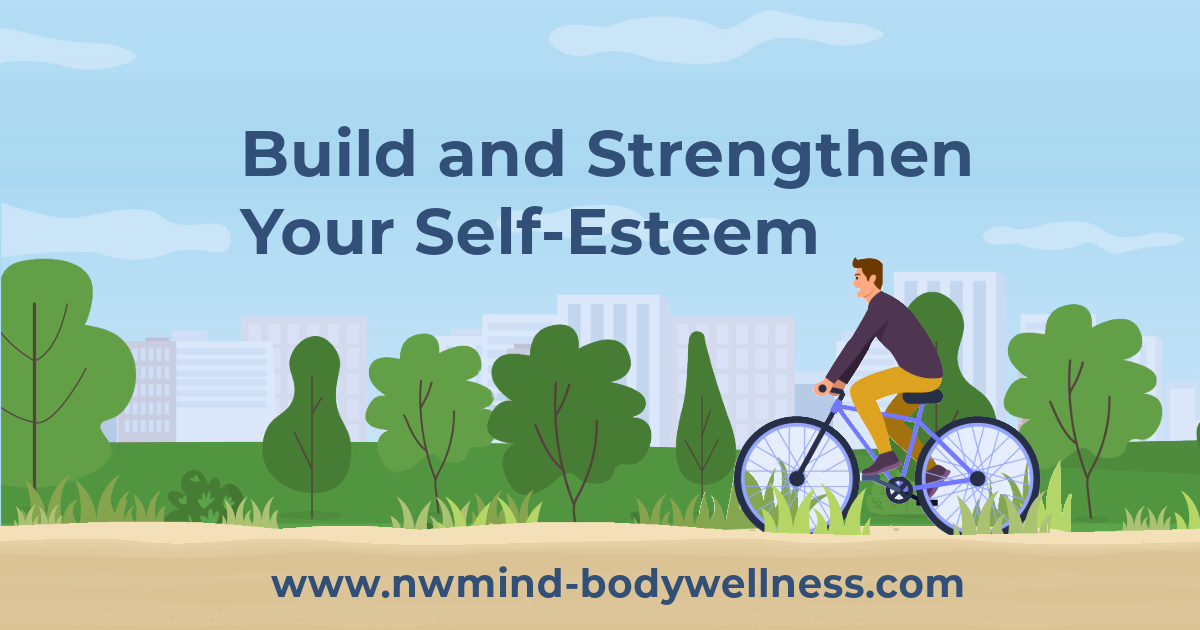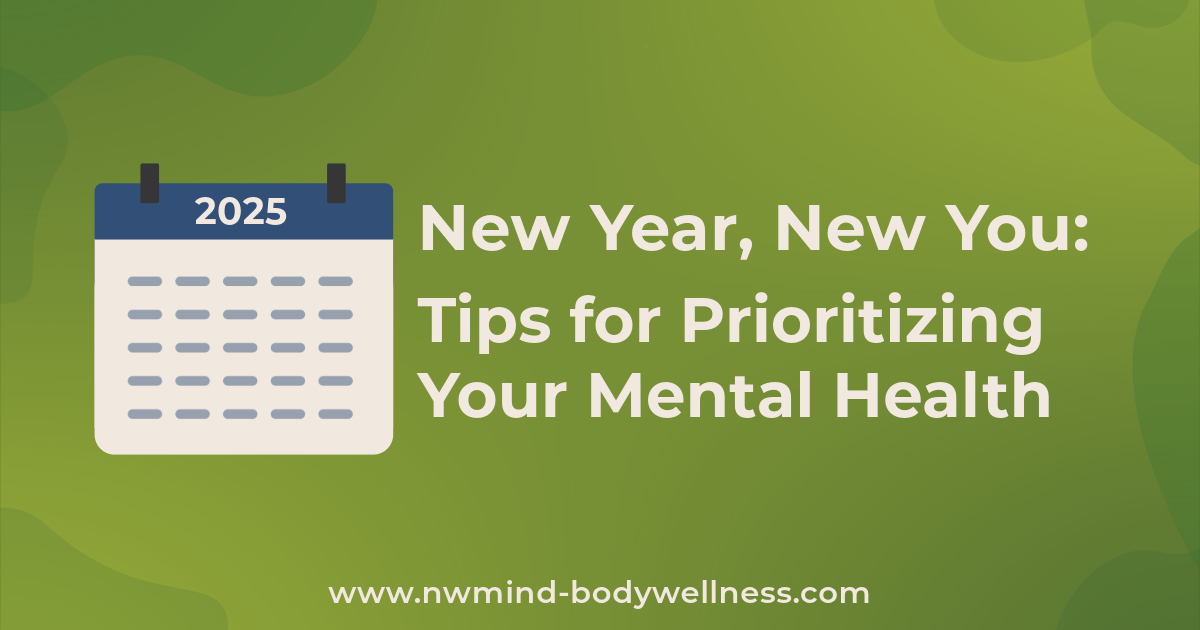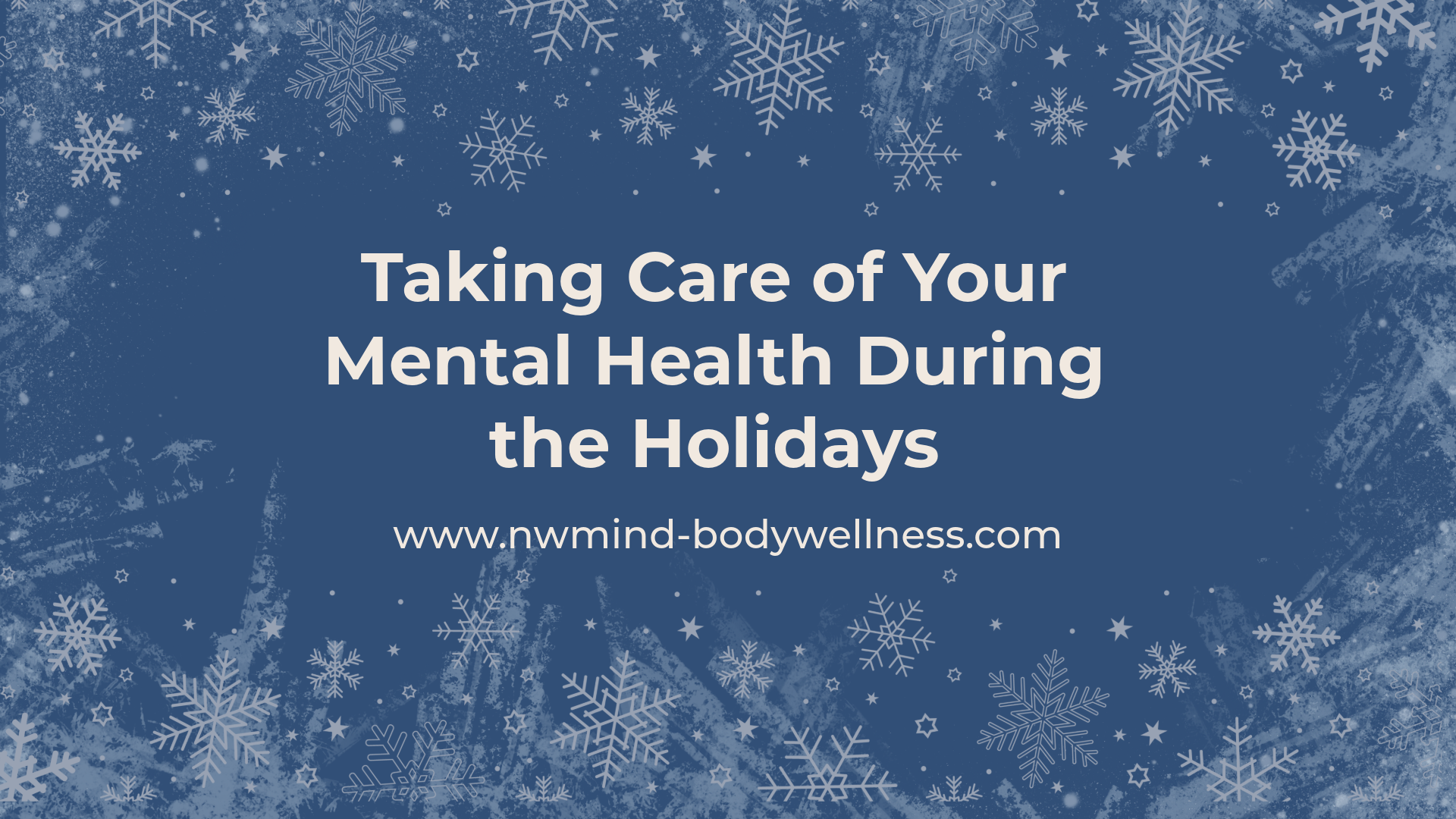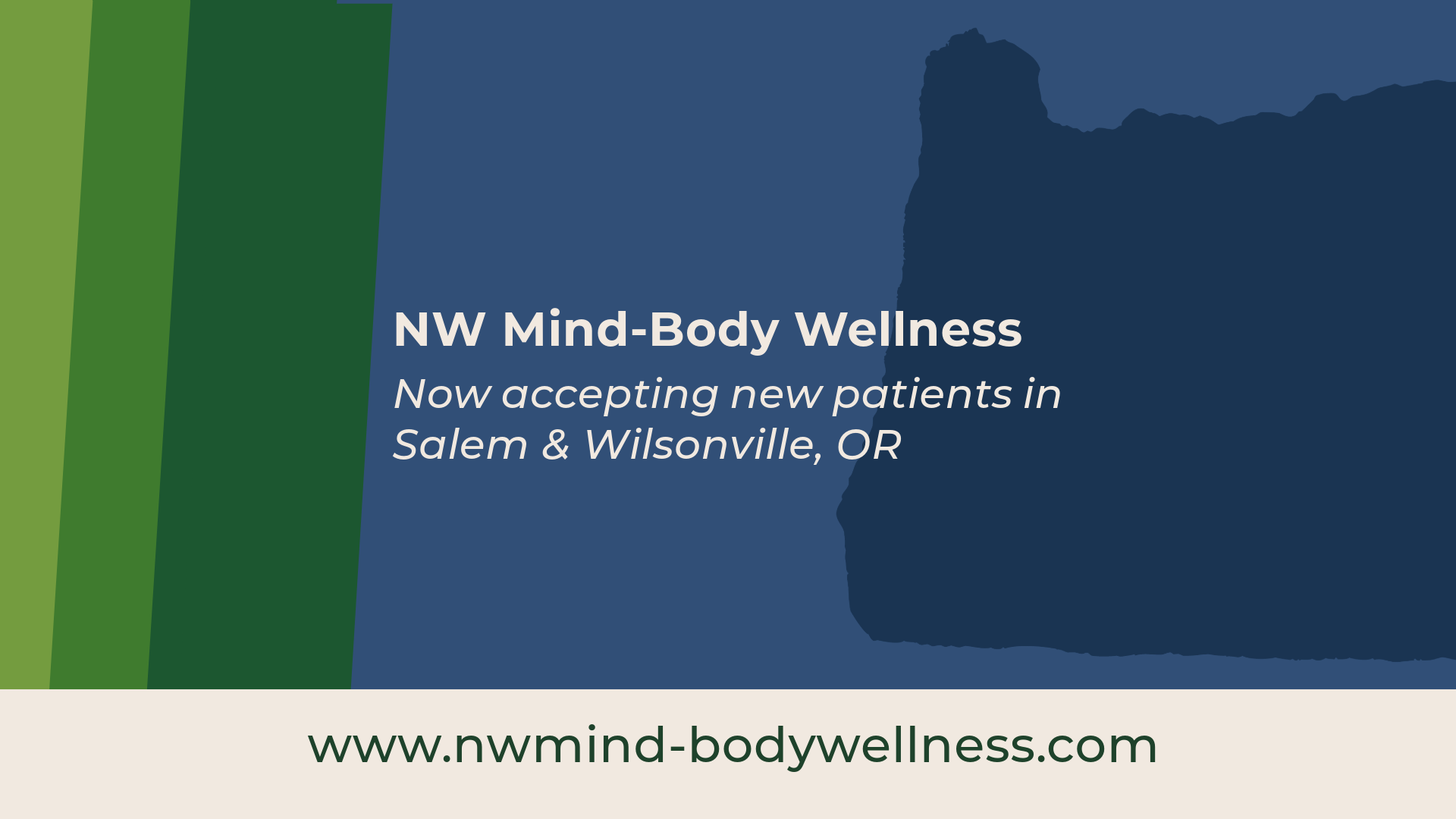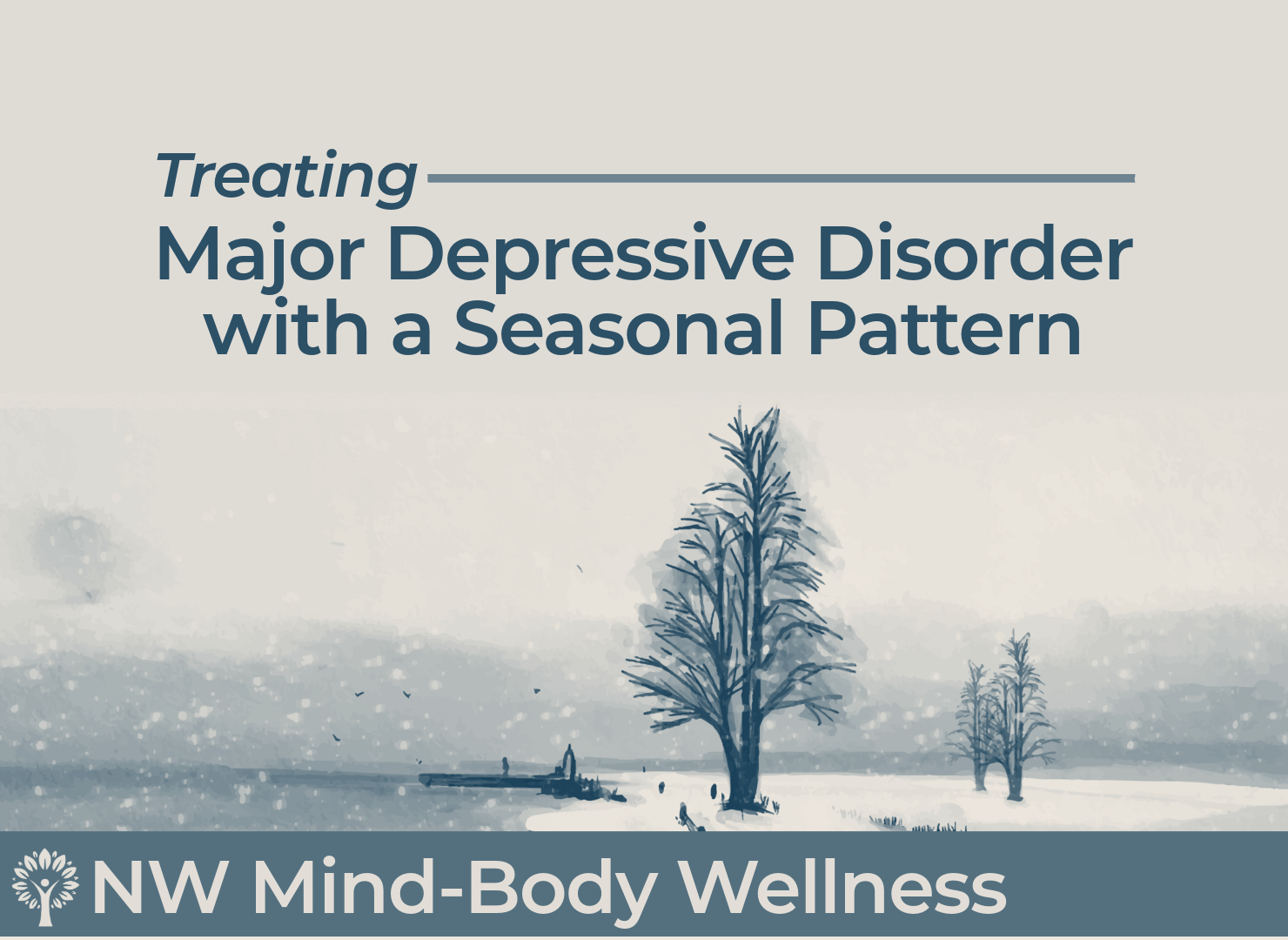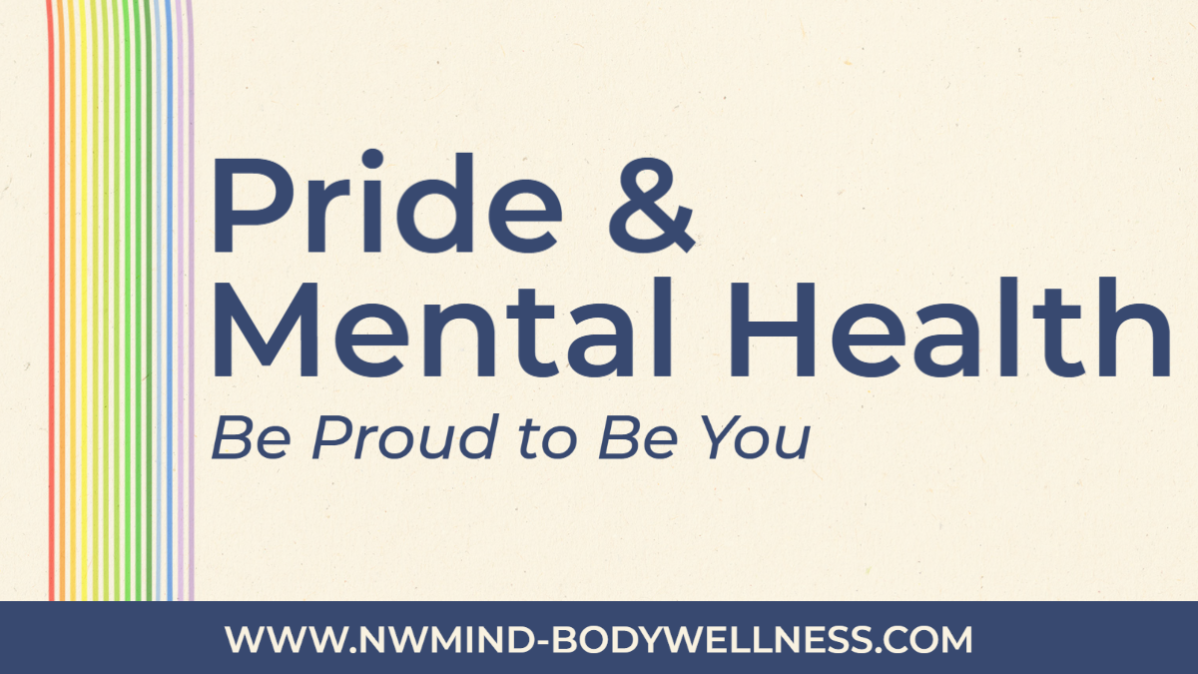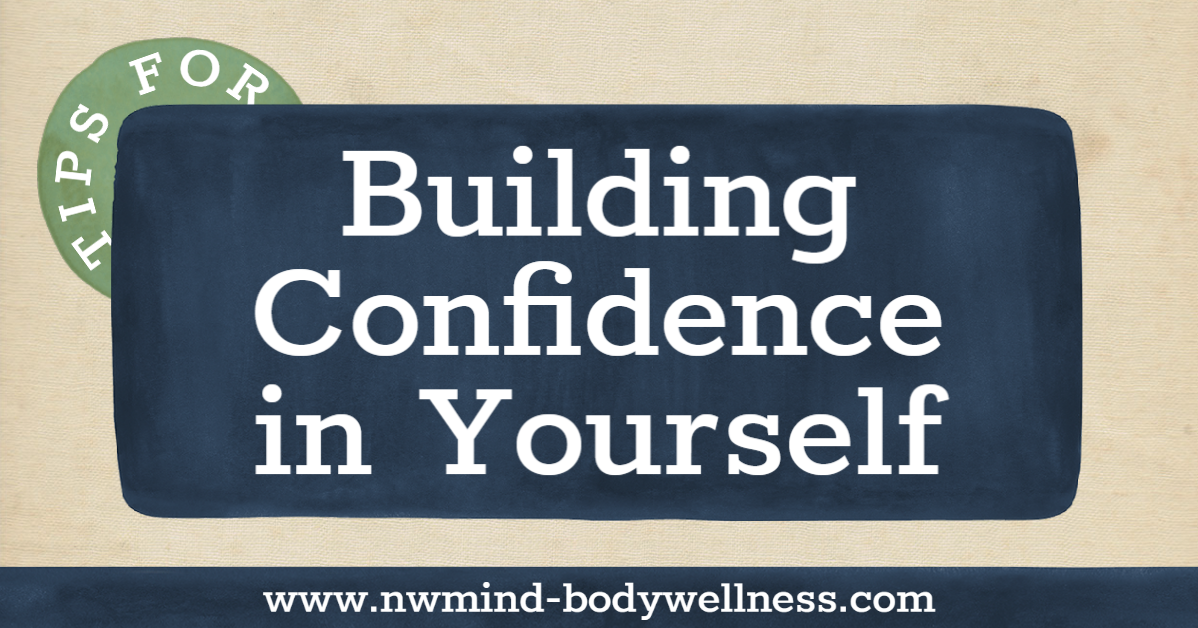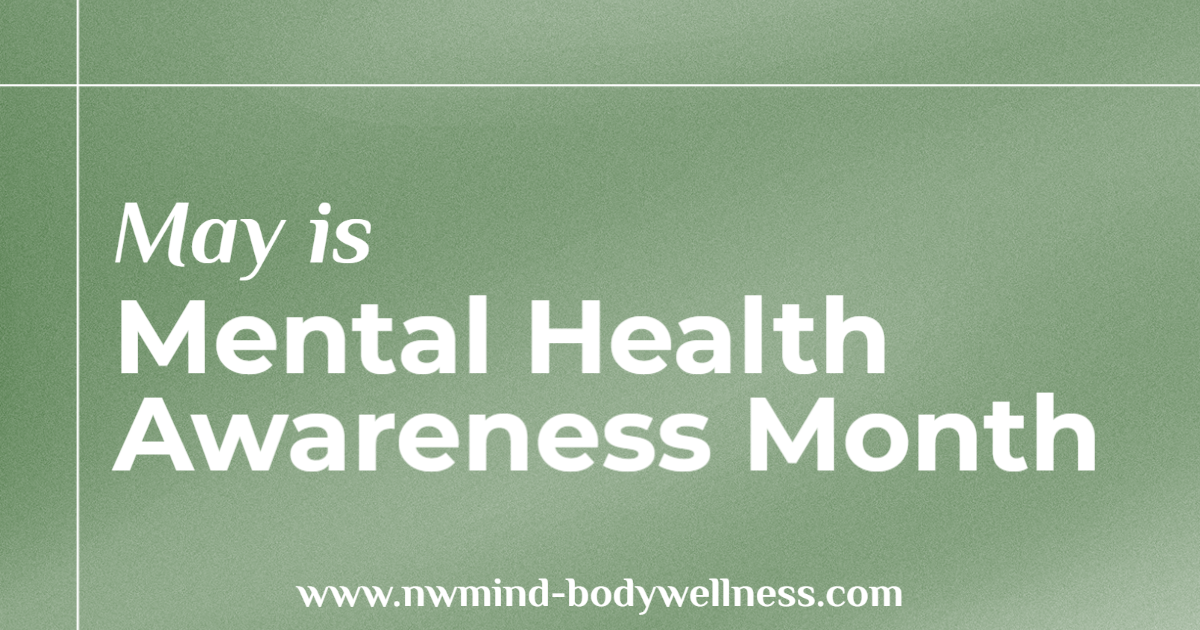Five Tips for Building and Strengthening your Self-Esteem
1. Use Positive Affirmations
Positive affirmations can reinforce your successes and help you believe in your ability to reach your goals. The way we talk to ourselves matters. Replacing self-criticism with affirmations such as “I am capable” or “I deserve happiness” can gradually shift your mindset and elevate self-esteem.
2. Challenge Negative Thoughts
It’s common to have moments of self-doubt or self-criticism. When you notice a negative thought, pause and question it. Often, you’ll find these thoughts are not based on facts. By actively replacing harmful thoughts with more encouraging ones, you can gradually reshape your inner dialogue.
3. Identify Your Strengths
Everyone has unique abilities and talents—acknowledging yours can be a powerful way to boost confidence. Take note of what you do well, whether it’s problem-solving, creativity, or empathy, and look for opportunities to further develop these strengths.
4. Set Limits and Learn to Say “No”
Trying to please everyone can lead to feeling overextended and undervalued. Recognize your limits and remember that it’s okay to say “no” in order to protect your mental health. Setting boundaries allows you to preserve energy for the things that truly matter to you.
5. Build Positive Relationships
We’re often influenced by the people around us. Seek out friendships and relationships that lift you up rather than bring you down. Nurturing a supportive network can play a key role in maintaining healthy self-esteem.
Getting Help
If low self-esteem is affecting your daily life, consider reaching out to a healthcare provider or mental health professional. They can offer personalized guidance and support.
For additional information, we recommend these resources:
Improving self-esteem is a gradual process, but each step you take—no matter how small—contributes to a more positive outlook and a healthier sense of self. By integrating these tips into your daily life, you’ll be better equipped to handle challenges and cultivate a more resilient mindset.
If you are interested in speaking to a provider at NW-Mind-Body Wellness, we invite you to fill out our contact form today.
Crisis Help
If you or a loved one is in a crisis, it is important to get help immediately. If in danger of suicide:
- Call 911
- Go to the nearest emergency room
- Call the toll-free, 24-hour hotline of the National Suicide Prevention Lifeline at 1-800-273-TALK (1-800-273-8255); TTY: 1-800-799-4TTY (1-800-799-488
Return to home page: https://nwmind-bodywellness.com/
Read more articles: https://nwmind-bodywellness.com/articles
